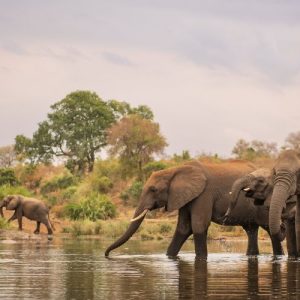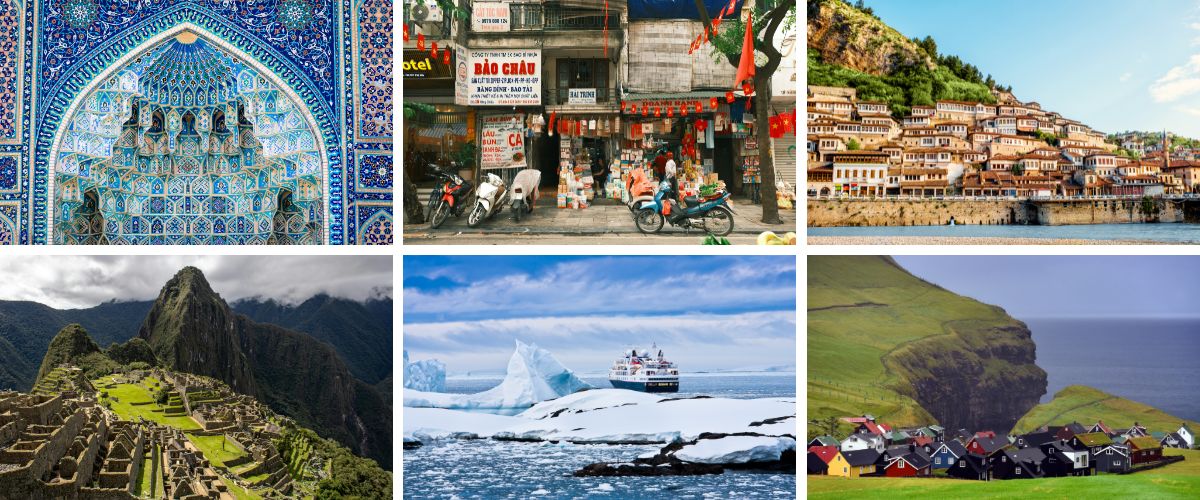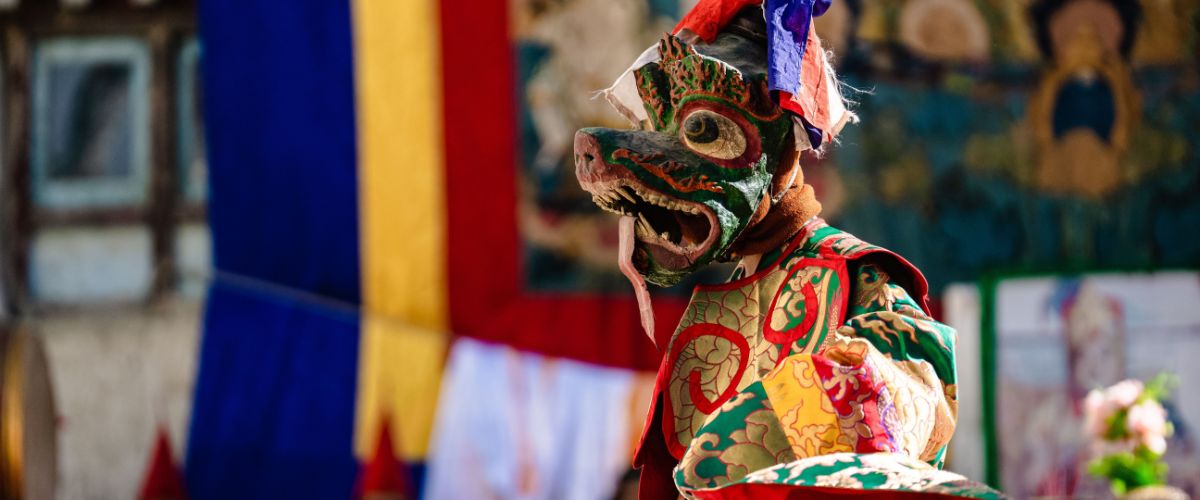An African safari is one of the most rewarding ways for families to travel together. From toddlers spotting their first giraffe to teenagers photographing lions in their natural habitat, a safari offers something for every age and stage. With the right planning, it can be safe, enriching, and downright unforgettable.
In this guide, we’ll share why safaris are such a powerful way to travel as a family, how to choose the right destinations for different age groups, and some practical tips to make the experience smooth and rewarding for everyone.

Why Safari Travel Works for Families
Safaris offer a rare mix of adventure, education, and connection – both with nature and each other. For many families, it’s a chance to unplug and be present in a way that modern life doesn’t always allow.
Here’s why it works so well:
- Shared experiences: Watching wildlife in their natural habitat – whether it’s a herd of elephants passing by or a cheetah on the move – creates meaningful moments that families will remember and reflect on together for years to come.
- Learning through experience: Kids (and adults) will absorb knowledge from expert guides and trackers, learning about ecosystems, conservation, culture and wildlife behaviour – all outside a classroom.
- Variety of experiences: Whether it’s game drives, boat safaris, cultural visits, walking trails or sleepouts under the stars, families can enjoy a range of experiences together or split up for age-appropriate activities.

Tips for Planning a Family Safari
A safari with children takes more thought than a solo or couple’s trip. But with the right planning, it can be smooth and incredibly rewarding.
- Choose Family-Friendly Lodges and Camps
Look for properties that specifically cater to families with:
- Family tents, family-sized rooms, or interconnecting rooms
- Flexible mealtimes
- Child-minding services
- Kids’ safari programs
- Guides experienced with younger travellers
Some even offer scavenger hunts, animal tracking lessons or junior ranger certificates.

- Consider Age Restrictions and Interests
Not all safari activities are suitable for all ages. Some walking safaris, for example, may only be open to children aged 12 and up. Likewise, younger kids may not tolerate long game drives. Choose lodges and parks that suit your children’s age and attention spans.
- Balance Downtime with Excursions
Wildlife viewing is amazing, but long days in a vehicle can be tiring for little ones. Mix game drives with time in the pool, short bush walks, or cultural visits to nearby villages to keep kids engaged. Take snacks with you EVERYWHERE!
- Plan for Health and Safety
- Make sure you’re up to date with vaccinations and travel insurance.
- Consider malaria-free areas if travelling with younger kids, or consult a travel doctor about anti-malarials or products to protect from malaria.
- Pack essentials: insect repellent, hats, sunscreen, child-safe binoculars, and plenty of snacks and water.

Best Safari Destinations by Age Group
Different regions of Africa are better suited to different age groups – from malaria-free reserves to lodges with child-specific programming. Here’s a breakdown to help guide your planning:
Toddlers and Preschoolers (Ages 2–5)
This age group needs shorter activities, plenty of rest, and safe, structured environments. While you won’t be heading out on walking safaris or covering long distances, there are several regions in Africa that cater well to young families and still offer memorable wildlife experiences.
Top Picks:
- Eastern Cape, South Africa – A malaria-free region with private game reserves that offer gentle game drives, fenced lodges, and a range of child-friendly services.
- Madikwe Game Reserve, South Africa – Also malaria-free, Madikwe is well known for its accessibility, excellent wildlife sightings, and lodges experienced in hosting families.
- Kruger National Park, South Africa – While parts of Kruger are in malaria zones, the private reserves on its western edge often have family-friendly facilities and are easily accessible by road or short flights.
Why it’s great: With malaria-free options, shorter transfer times, and secure, welcoming lodges, these regions allow parents to relax while little ones safely take in the sights and sounds of the bush.

Primary School Aged Kids (Ages 6–11)
This is a golden age for family safaris. Kids are old enough to engage with the experience more meaningfully, but still young enough to see everything with wide-eyed enthusiasm. At this stage, they’re naturally curious – asking endless questions, soaking up facts about animals and ecosystems, and eager to learn by doing. Many start to recognise animal behaviour patterns, identify tracks and scat, and understand the difference between species.
Lodges and guides often cater well to this age group, offering interactive bush walks in safe areas, storytelling around the campfire, or junior ranger programs that teach basic survival skills and conservation principles in a fun, hands-on way.
Top Picks:
- Kenya’s Laikipia Plateau – Home to family-friendly lodges like El Karama, where kids can bake in the bush kitchen or learn tracking skills.
- Tanzania’s Ngorongoro Crater & Tarangire – Shorter drives and abundant wildlife make this area ideal for first-timers.
- Kruger National Park and surrounds, South Africa – Ideal for first-timers, with great infrastructure, a wide range of accommodation options, and consistent game viewing.
Why it’s great: Kids can now join more structured activities, typically will be more tolerant on game drives, enjoy junior ranger programs, and fully appreciate what they’re seeing.

Tweens and Teens (Ages 12+)
Older kids are well suited to safari travel – they’re curious, capable of longer days out, and more open to adventure and cultural discovery. At this stage, a broader range of activities becomes available, including guided walking safaris, canoeing, night drives, and multi-day itineraries across different parks. These immersive experiences are not only exciting but also allow teens to engage more deeply with local cultures, conservation efforts, and the realities of life in the wild.
Top Picks:
- Botswana’s Okavango Delta – Ideal for teens who are ready for a bit of soft adventure. Walking safaris, mokoro rides (dugout canoes), and sleepouts are on offer.
- Zambia’s South Luangwa National Park – A top destination for walking safaris and incredible wildlife sightings.
- Namibia – With dramatic landscapes and self-drive options, it’s perfect for adventurous families with older children.
Why it’s great: Teenagers crave independence and stimulation – and these destinations offer a hands-on, immersive experience they’ll never forget.

What Kids Learn on Safari
One of the most lasting impacts of a family safari is what children take away from it. Beyond the fun and wildlife, they learn valuable life lessons:
- Empathy and Conservation
Seeing animals in the wild and hearing from rangers about poaching or habitat loss builds empathy and a deeper understanding of why conservation matters.
- Patience and Observation
Game drives require a degree of patience – scanning the horizon, listening for sounds, waiting for that magical sighting. It teaches kids to slow down and be present.
- Respect for Nature
Guides often emphasise the importance of balance in nature. Kids come to understand the role of predators, the fragility of ecosystems, and the impact humans have on wildlife.
- Cultural Understanding
Many lodges offer opportunities to engage with local communities, from village visits to traditional music and storytelling. This helps kids see the world through a different lens and builds respect for other ways of life.

FAQs About Family Safaris
Is it safe to take kids on safari?
Yes – provided you choose reputable lodges and follow guide instructions. Many camps are fenced and have strict safety protocols. Always travel with a licensed operator.
How long should we go for?
8–10 days is a good length for a first-time family safari, with 2–3 nights in each lodge. Keep drive times between locations short if you’re travelling with younger children.
Can picky eaters be accommodated?
Absolutely. Most lodges can cater for a range of dietary needs – just let them know in advance. Many will prepare simple meals for kids on request.
Do we need to bring our own car seats or travel cots?
It depends on the lodge – some will provide these on request, especially in South Africa. Check in advance so you can pack accordingly.





